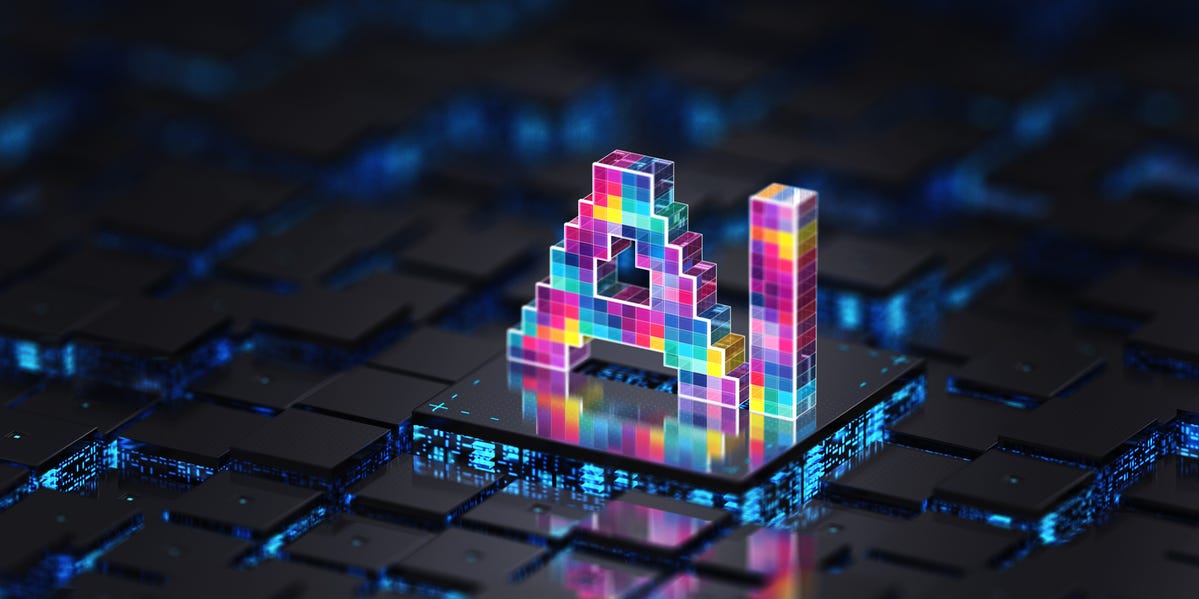Digital David vs. Goliath: How News Media Is Battling AI's Content Grab

This isn't a battle against technological progress or an attempt to halt the march of innovation. Artificial intelligence represents an incredible opportunity to transform our world, but its potential can only be fully realized when it operates with a fundamental respect for intellectual property rights. By establishing clear ethical boundaries and protecting the creative works of individuals and organizations, we can ensure that AI becomes a collaborative tool that empowers human creativity rather than undermines it.

